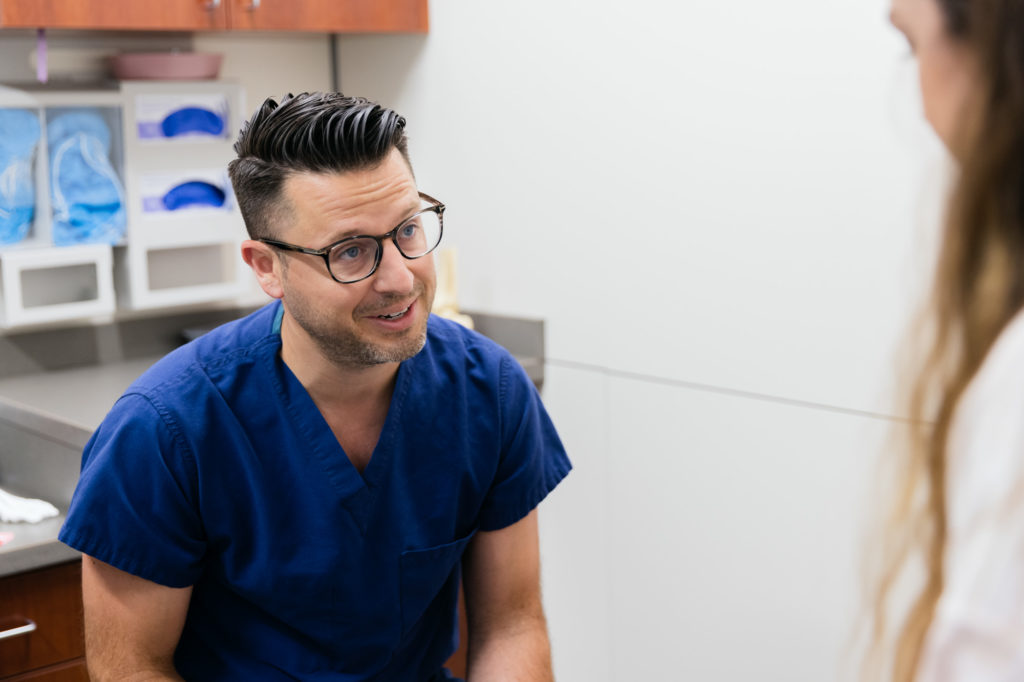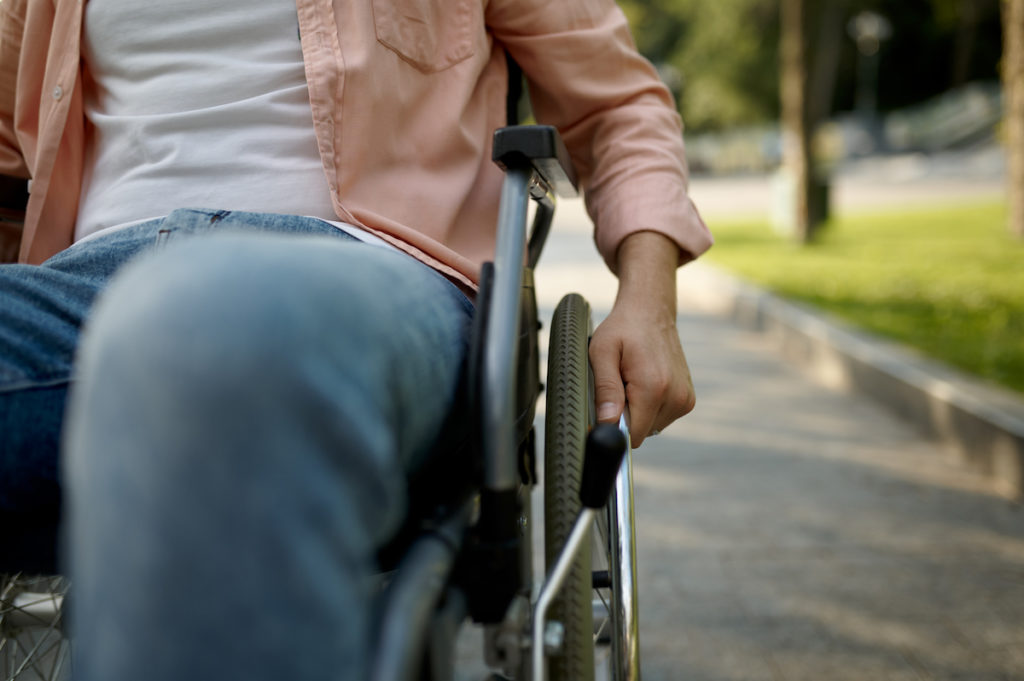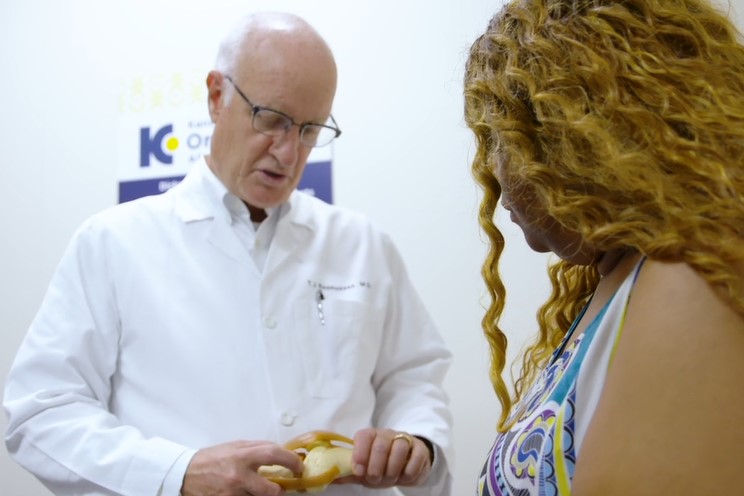
Regardless of your age, pain level, or injury, the thought of orthopedic surgery can be intimidating. There are many unknowns when undergoing any type of surgery, and unless you’ve been through it before, it’s difficult to understand what the recovery will be like.
Kansas City Orthopedic Alliance is the Midwest’s premier provider of orthopedic care. As the largest orthopedic practice in Kansas City, we perform thousands of surgeries every year across our 5 locations: Overland Park, Leawood, Belton, Kansas City, and Blue Springs. Using the latest technology, our physicians can evaluate, diagnose, and treat nearly any type of musculoskeletal injury.
Surgery isn’t a quick or easy fix. It requires hard work and dedication to rebuild your strength and recover from your operation. At KCOA, our orthopedic surgeons in Kansas City are here to help you understand the orthopedic recovery process so you can be well-prepared for the journey ahead.
Recovering from surgery looks different for everyone. Factors like age, health, and the type of surgery you undergo will greatly influence your experience. In this blog, our team of orthopedic surgeons discuss common experiences patients face during recovery.
Waking up from surgery
After waking up from surgery, it’s normal to feel some level of pain. Medicine can help keep you comfortable in this part of the recovery phase, but remember that healing takes time—don’t be discouraged if your pain isn’t immediately improved. As inflammation decreases and your incisions begin to heal, you will feel better and stronger.

Depending on your procedure, you might go home on the day of your surgery or you may need to spend a night or two in the hospital. Your KCOA surgeon will explain the recovery process in-depth for your specific procedure.
New medications and wound care
It’s common to take medications after surgery to help support your recovery. In addition to pain medications, your doctor may prescribe an antibiotic to prevent potential infection along with a medication to minimize the risk of blood clots.
Proper wound care is essential. Your nurse will show you how to care for your surgical site(s) and give you instructions to follow at home. In the days after surgery, it’s important to watch out for signs of infection, such as redness, increasing pain, or drainage. Call your doctor immediately if you notice any of these symptoms.
Starting physical therapy
Rehabilitation is an essential part of postoperative care. Starting physical therapy as directed can significantly reduce your recovery time and facilitate a faster return to activities. Many patients participate in outpatient physical therapy to regain strength, flexibility, and range of motion after surgery.
It’s important to be diligent about your physical therapy program. Movement can aid in healing, but you must do it correctly. Excessive physical activity can prolong your recovery time.
Needing assistance
Patients who undergo orthopedic surgery that impacts their mobility, such as a joint replacement, will have a substantial period of time where they need to rely on others for their care. Accepting this reality can be one of the most challenging parts of the recovery process.

To successfully get through this, you must prepare and plan ahead of time. While nobody wants to depend on others for their every need, assistance and support will be essential for your recovery.
The psychological toll
Surgery not only affects your muscles and bones, but it can also significantly impact your mental state. You’ll likely have restrictions on physical activity, you might need to take time off of work, and you may need to rely on others for help. This can lead to feelings of isolation, sadness, and frustration.
It’s normal to feel this way when recovering from surgery, but rest assured that it will improve with time. Having a strong support system and maintaining realistic expectations for your recovery period can help you get through this challenging time.
Visit KCOA’s Orthopedic Surgeons in Kansas City
At Kansas City Orthopedic Alliance, we’re dedicated to creating a superior patient experience for all. If you’re considering orthopedic surgery in Kansas City, our team will work with you to ensure the best possible outcomes. We’ve helped thousands of patients treat their pain, restore their function, and improve their quality of life.
Wherever you are in Kansas City, you’ll find a KCOA clinic nearby. Our orthopedic surgeons in Kansas City cover Lee’s Summit, Leawood, Lenexa, Olathe, Johnson County, and more!
For a thorough evaluation, call us at (913) 319-7600 or schedule an appointment today. If you’re struggling with pain but don’t know where to start, use our symptom tracker for treatment recommendations.


